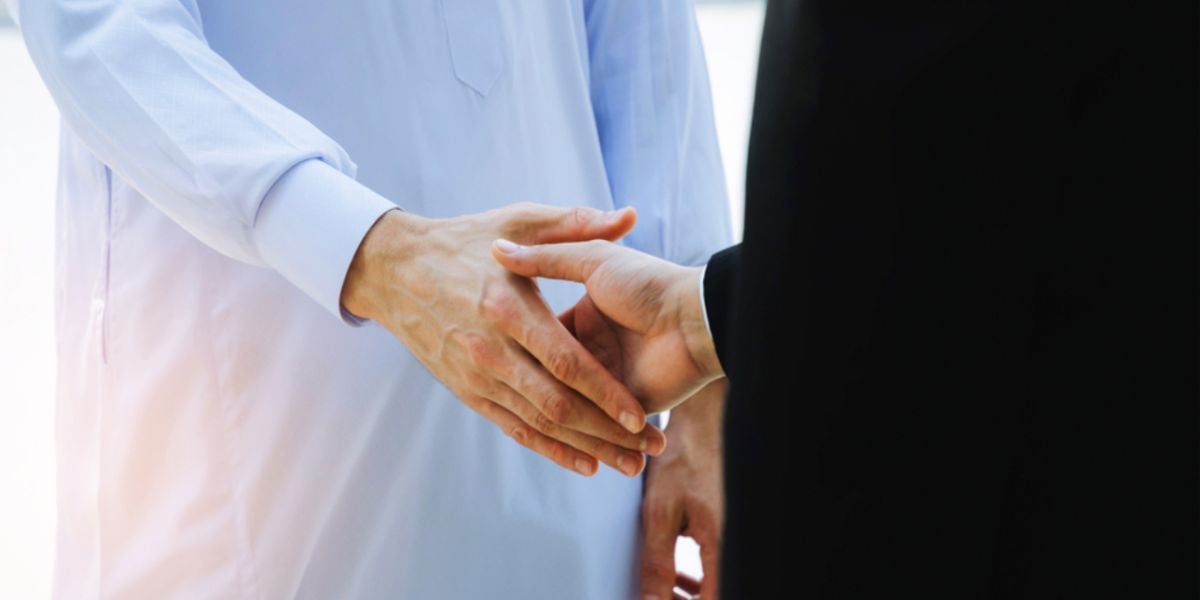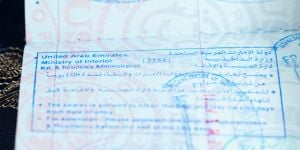
The United Arab Emirates is a popular destination for tourism and business travel. Every year, this country and Dubai, in particular, attract more tourists, investors, business people, and clients. To be part of the Arab world, you should know about the local etiquette, so here are some tips.
How to dress in Dubai
You should respect and be aware of local traditions. Depending on who you're meeting, women may be expected to behave and dress modestly. In these cases, you should also be mindful not to wear revealing clothes and cover your shoulders, arms, and legs. Although, for the most part, you should just aim to dress as you would for any business meeting. For men, a suit and tie are appropriate. Dark colors are considered more professional. It is not necessary for non-Muslim women to wear the hijab unless they plan to visit a religious site.
How to greet in Dubai
In Arab culture, you have to acknowledge and greet the most senior person in the room first — it is a sign of respect. Greeting expressions are very elaborate. The customary greeting is “As-salam alaikum” (peace be upon you), to which the reply is "Wa alaikum as-salam” (and upon you be peace). When entering a meeting, start the introduction with a handshake. Emiratis usually bring noses together in a kiss on both cheeks, although this is more commonly seen during informal meetings. You should greet each of your Emirati counterparts individually. When greeting someone of the opposite sex, you may extend your hand for a handshake. However, keep in mind that some men or women may not be comfortable with this. If this happens, just place your hand above your heart as a greeting gesture.
Conversations in Dubai
The first meeting frequently starts with an informal talk about the trip, family, etc. You should ask about the family in general, but avoid topics like politics. If you want to exchange business cards, it's best to give and receive cards with your right hand. Do not offer your business card at the beginning of the meeting — it's better to wait for them to give theirs.
It is preferable that you have two languages on your business card: one side should be in Arabic and the other one in English; the Arabic language side should be presented first if you are handing it to someone who speaks Arabic.
When you are on business in the UAE, Arabic coffee and dates will often be offered to you in offices or Arab homes. This is a symbol of hospitality. Status is important and must be acknowledged, so make sure to use the correct title when addressing someone. People are addressed as Mister, Sayed, Sheikh, etc., followed by their names. The title of Sheikh is used by high-ranking people, who do not belong to the Royal Family. The title Your Highness is used for members of the Royal Family, while Excellency is used for Government ministers.
Business lunch or dinner in Dubai
These are very frequent. Emiratis are used to inviting people over into their homes. On the other hand, if a foreign negotiator wants to invite local business partners for dinner, these are typically held in hotels or restaurants.
Try not to refuse food or additional helpings during lunch or dinner, as it may be considered rude. Business discussions start when the meal is over. Remember that most Muslims do not drink alcohol or eat pork, so it's safer to avoid both if you're unsure. If you are hosting dinner, you are responsible for the bill; however, never try to pay the bill if you are invited by a host.
Gifts in Dubai
Giving presents is usual, either on the first contact or when closing a deal. However, it is difficult to find a suitable present since all kinds of products are already available in the city. Gifts related to your host's background or hobbies could be a great idea.
Knowing the culture and traditions of the country or city you are moving to has many benefits. Try learning a few words or sentences from the local people to impress your business partners and show your interest in their culture.
We do our best to provide accurate and up to date information. However, if you have noticed any inaccuracies in this article, please let us know in the comments section below.








